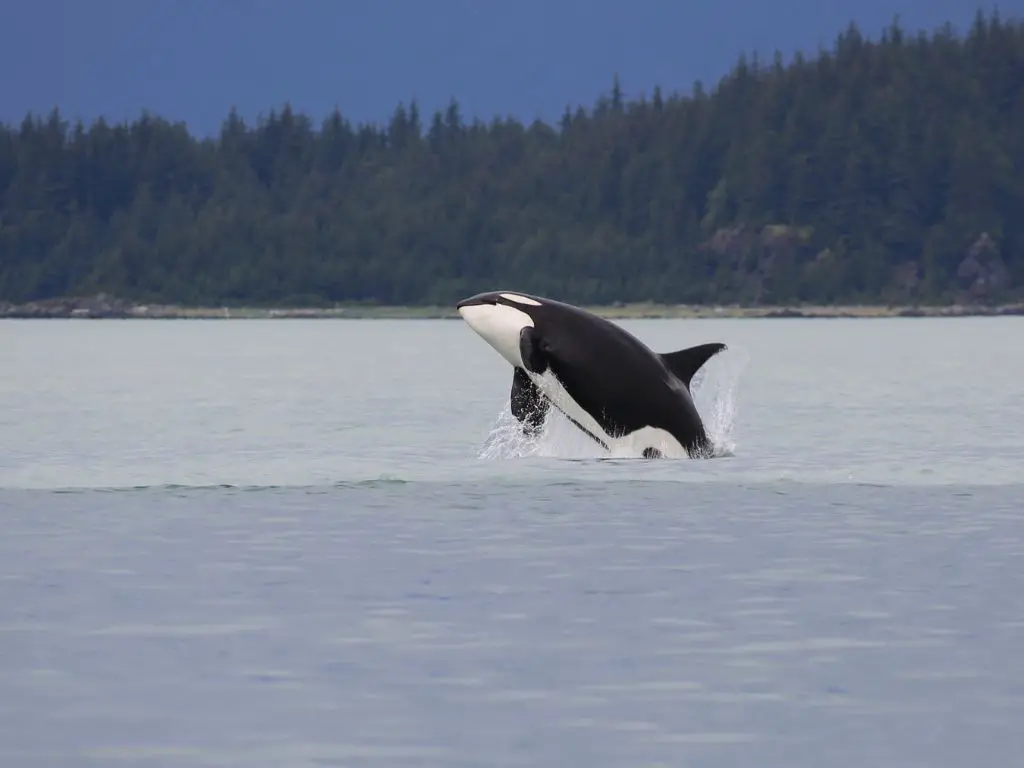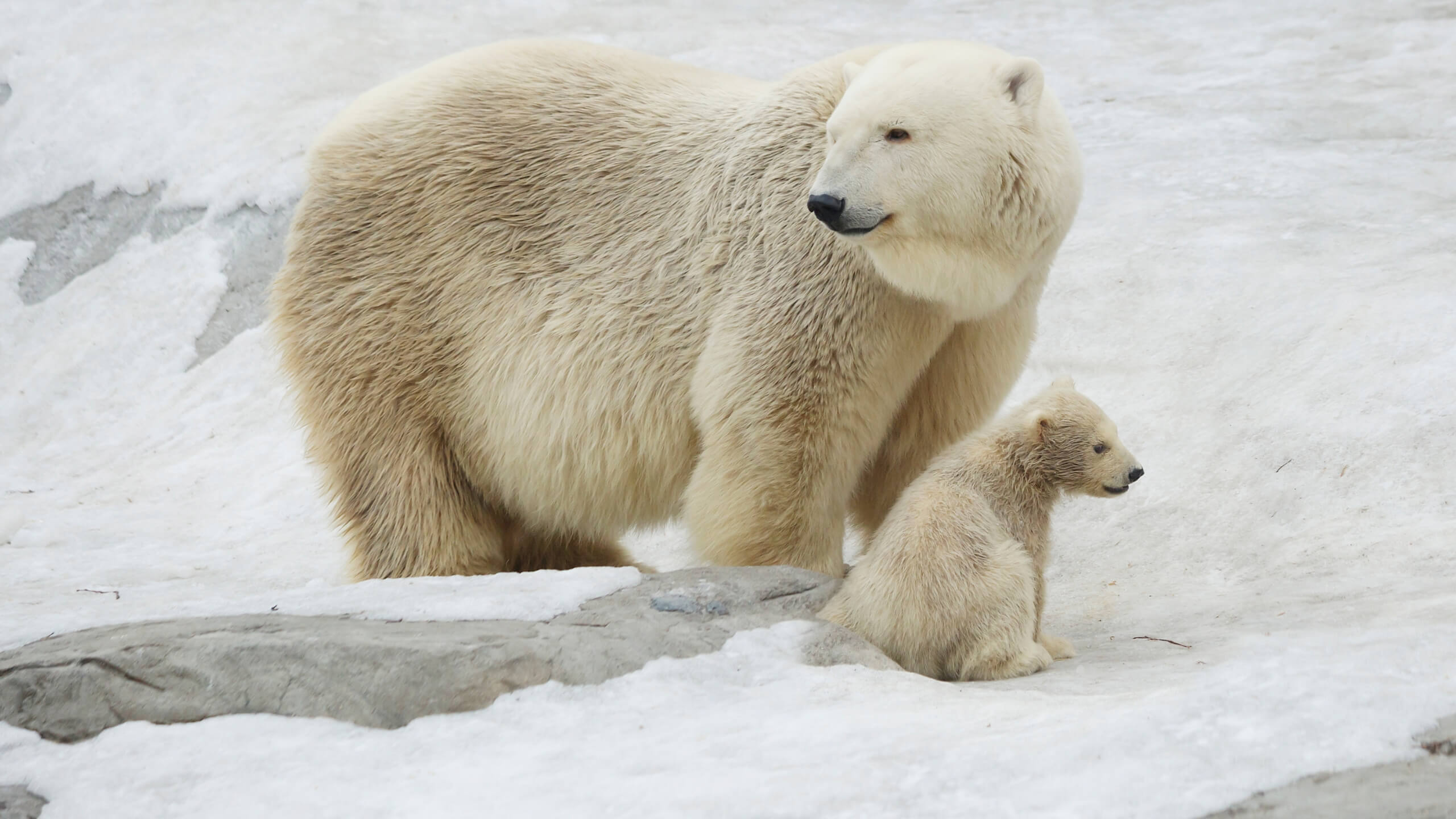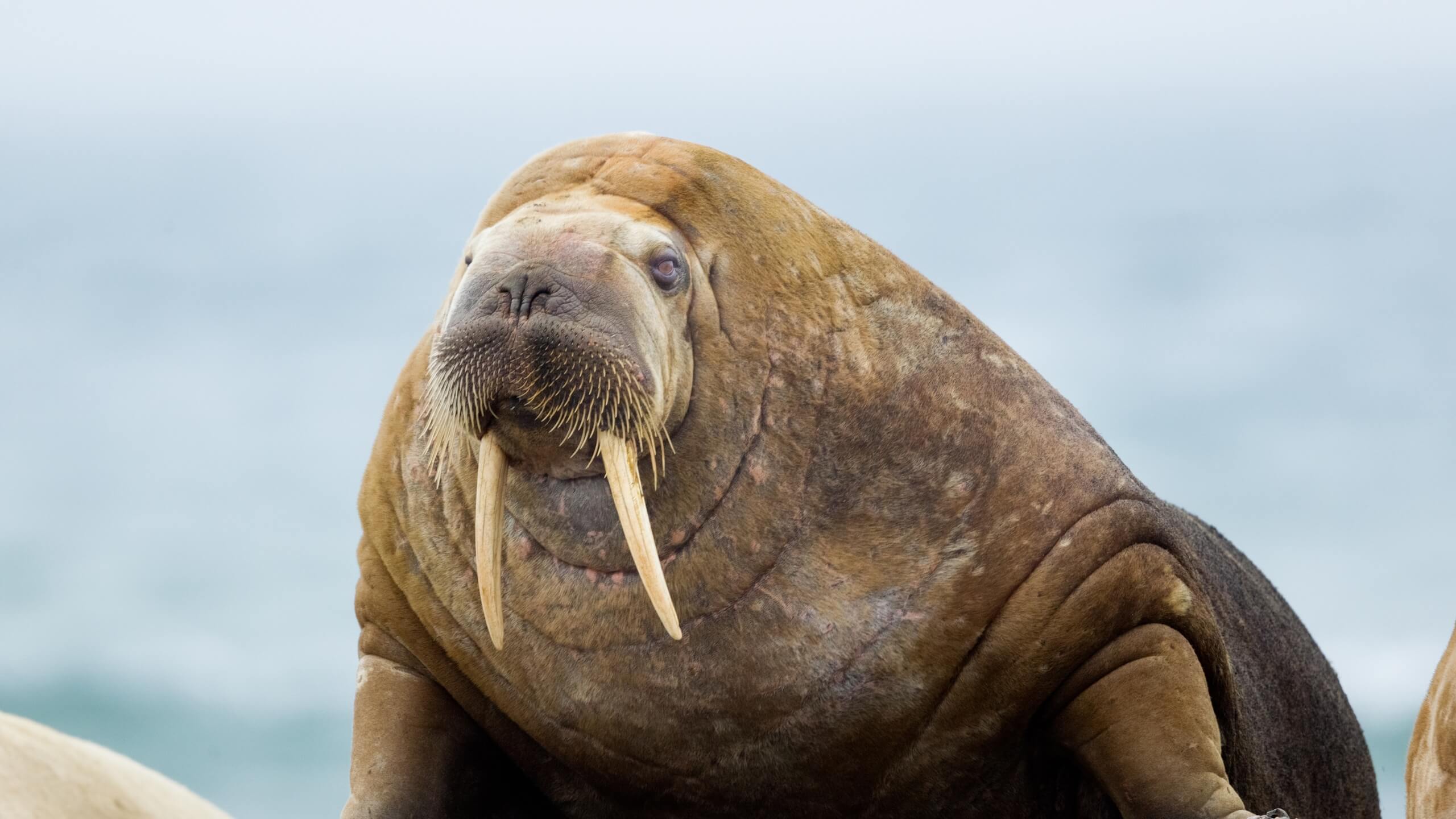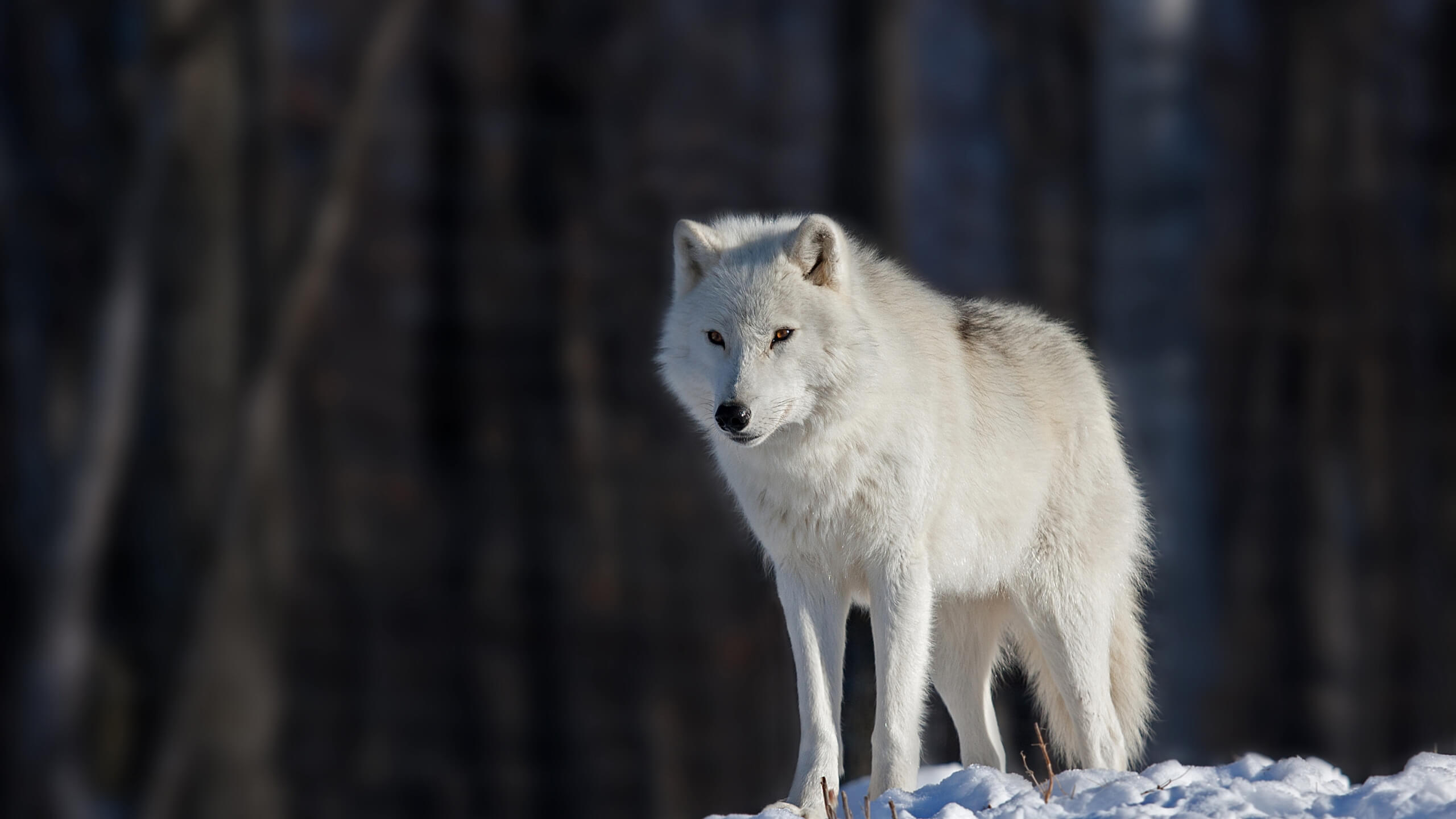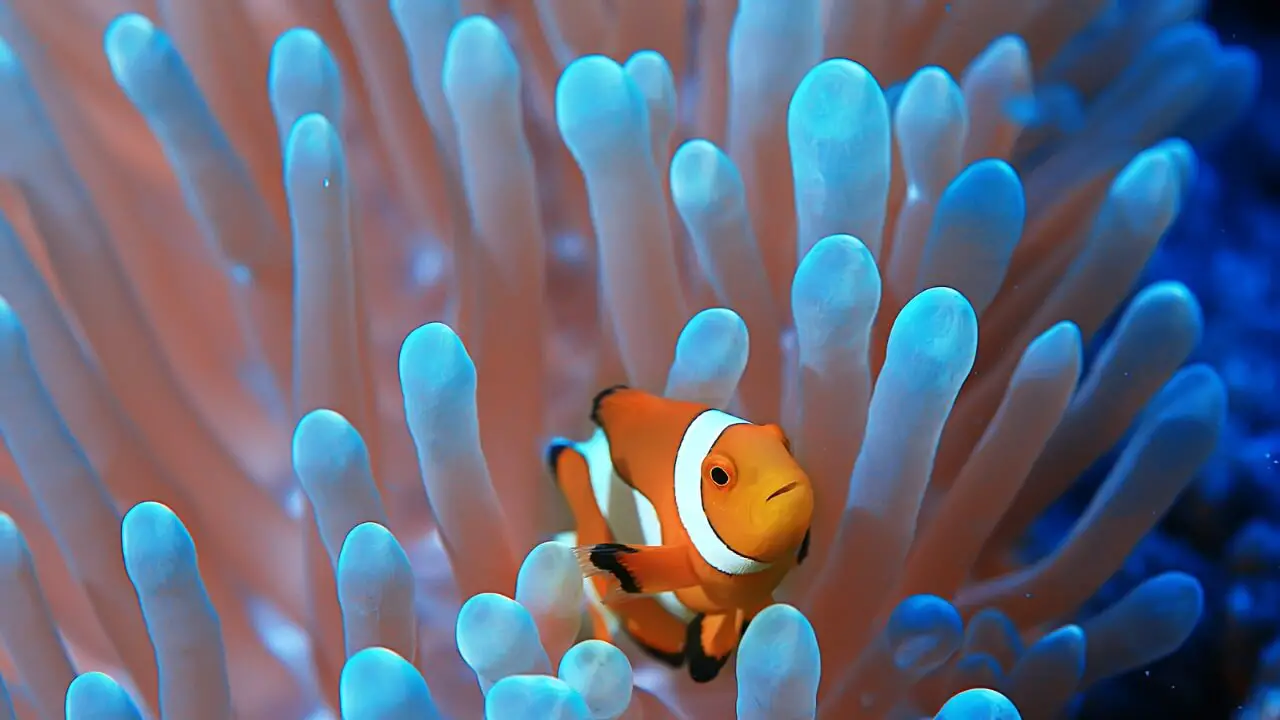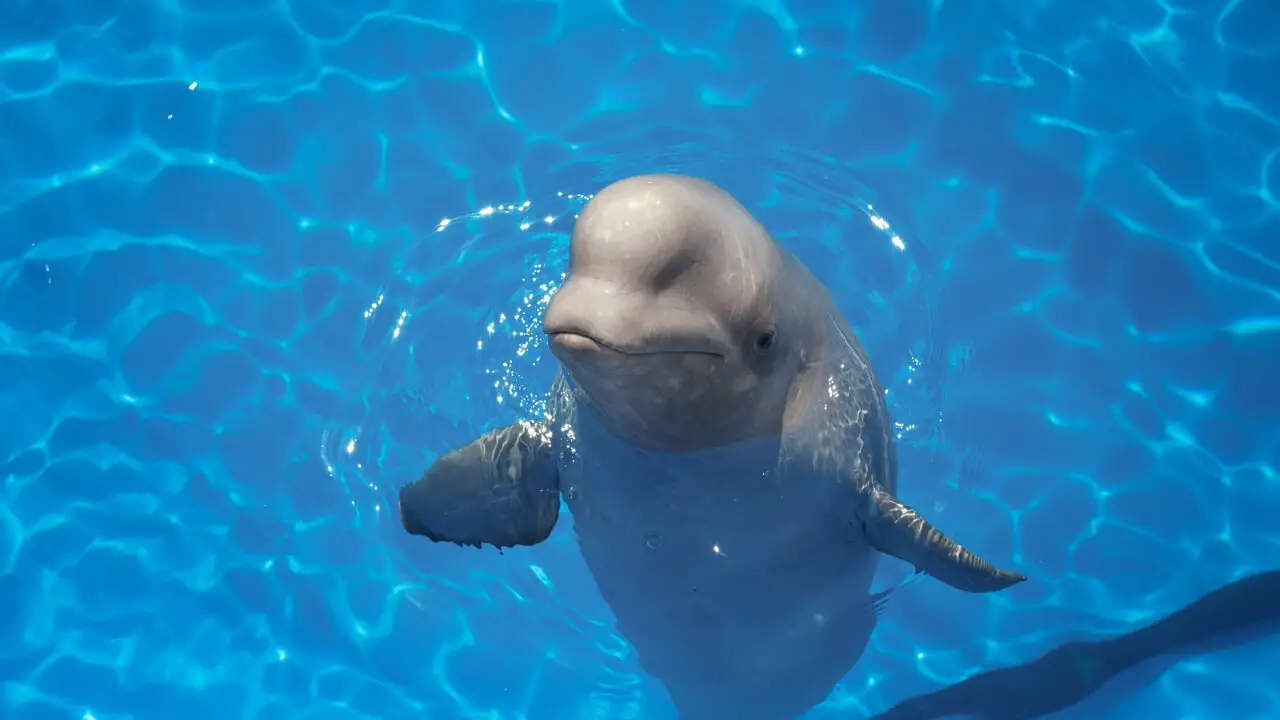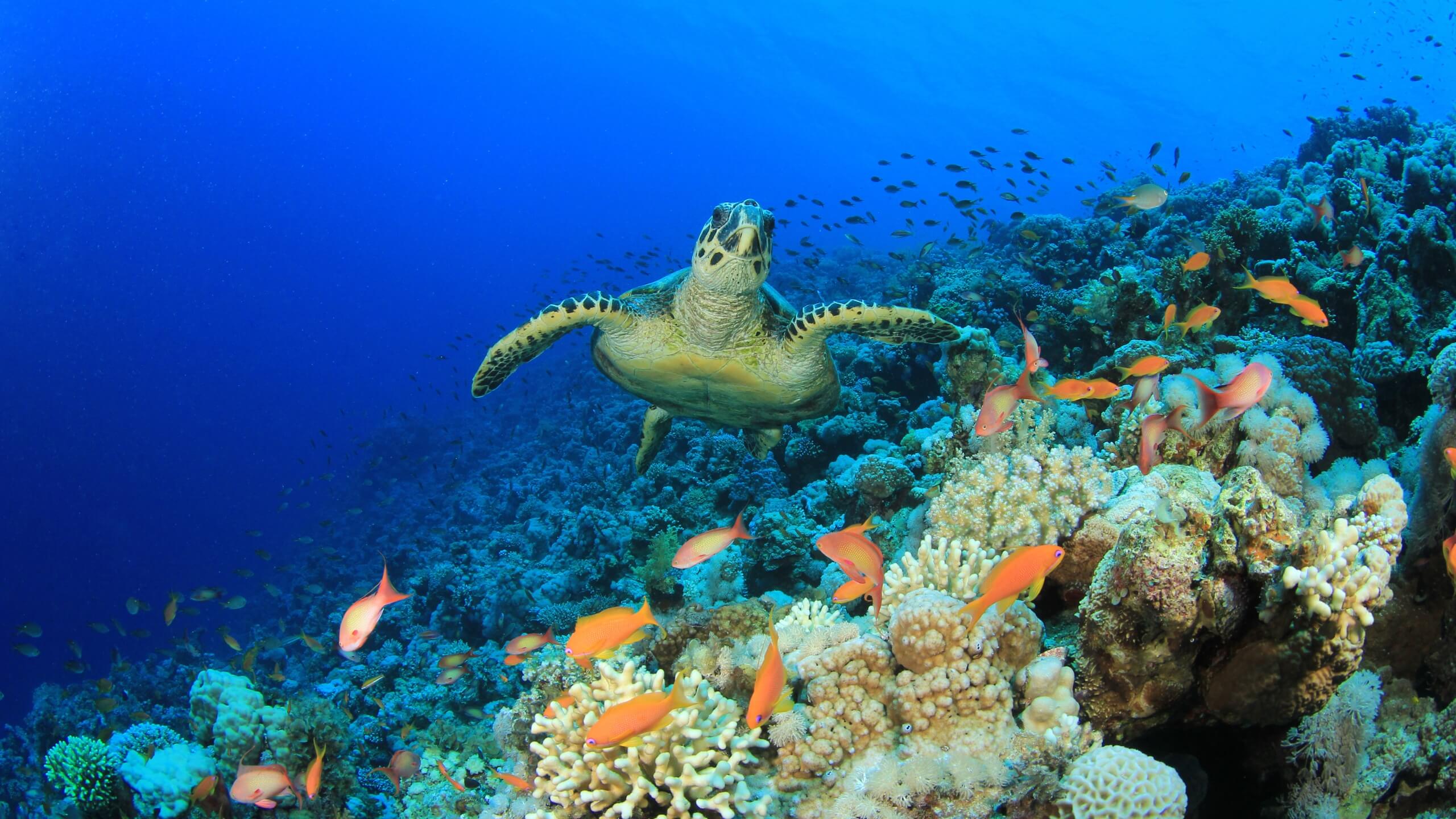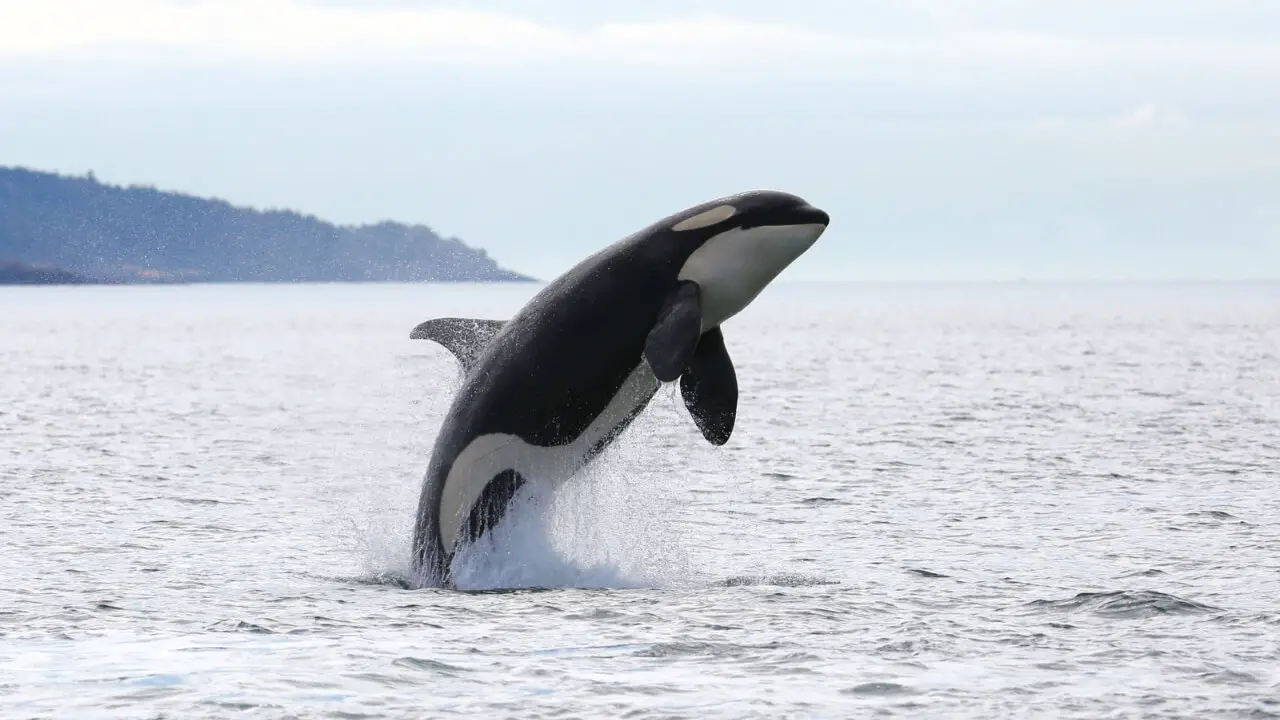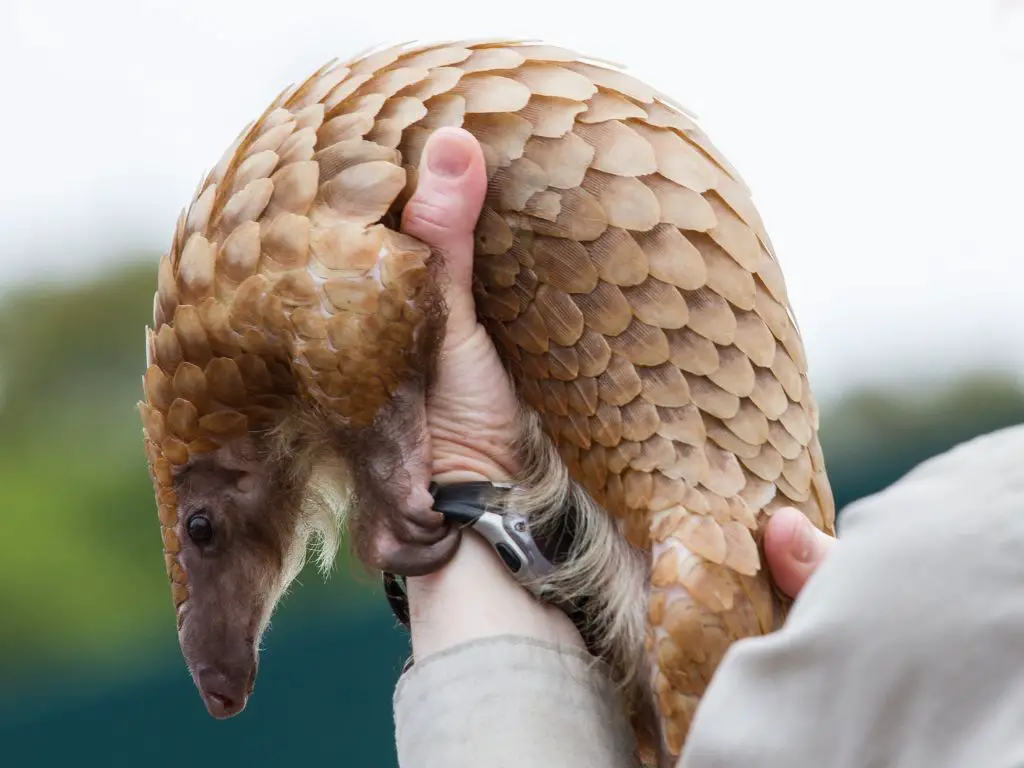Category: Environment
Why Are Killer Whales Going Extinct?
Orcas are mainly known as the killer whales. They are the top predator of the oceans and are the largest member of the Delphinidae, or dolphins. This iconic species in the ocean is going extinct. And the main reason behind their extinction is human-induced threats, including; pollution, overfishing, habitat loss, climate change and even captivity.…
Written by
How Big Is A Polar Bear? Polar Bear Size Facts
The Polar bear is a species of bear indigenous to the Arctic and surrounding regions. It roams the ice sheets of the Arctic and swims in the coastal waters. It is the biggest mammal carnivore on land as well as the largest of all bear species, though Kodiak bears sometimes rival it in size. Here,…
Written by
What Do Walruses Eat – Walrus’s Diet Facts?
Walruses are large marine mammals that primarily feed on benthic organisms such as clams, mussels, and other mollusks. They also consume a variety of fish species including cod, salmon, halibut and flatfish. A walrus eats up to 5-6% of its body weight in food each day, which can equate to over 25 kilograms (55 pounds)…
Written by
Why Are Arctic Wolves Important To The Ecosystem
The Arctic wolf, also known as polar wolf or white wolf, is a subspecies of gray wolf. It is indigenous to the Arctic tundra regions of North America and Greenland. Arctic wolves are the apex predators in their habitat and exist at the top of the food chain. They serve as a keystone species; keep…
Written by
How Much Oxygen Does Coral Reefs Produce?
Coral reefs are complex structures underwater deposited by corals. Corals are immobile small marine invertebrate animals that take root on the ocean floor. They are colonial animals and classified in a separate phylum Cnidaria and class Anthozoa. Coral reefs are themselves animals and can not produce oxygen. However, an algae known as zooxanthellae live within…
Written by
How Many Beluga Whales Are Left In The World – Beluga Whale Population
The beluga whale is an iconic toothed whale species found in the Arctic and Sub-arctic waters of the Northern Hemisphere. Their total worldwide population is estimated to be about 150,000 to 200,000 individuals. In recent years, they face a rapid decline in their population because of human activities like pollution, climate change, and overfishing. Here…
Written by
Why Are Coral Reefs Important – Benefit of Coral Reefs
Coral reefs are huge structures underwater that are deposited and built by coral polyps. While corals are marine invertebrates and colonial animals that belong to the class Anthozoa and phylum Cnidaria. Coral reefs are also known as the “rainforest of seas”, because they are one of the most diverse ecosystems on Earth. They provide a…
Written by
What Eats Killer Whales? – Do Orcas Have Predators?
The killer whale or orca is a well-known species of oceanic dolphin family. It is found in all oceans of the world. It is the top or apex predator of the marine habitat, which means it has no natural predators. However, large marine animals sometimes hunt and eat killer whales when they are too young,…
Written by
Why are Pangolins the Most Trafficked Animal in the World?
Pangolins are mysterious and shy creatures that have long captured the imagination of animal lovers around the world. But did you know that they are also the most trafficked animal on our planet? Why are these innocent creatures suffering so much at the hands of humans? In this article, we’ll explore the heartbreaking reasons behind…
Written by

